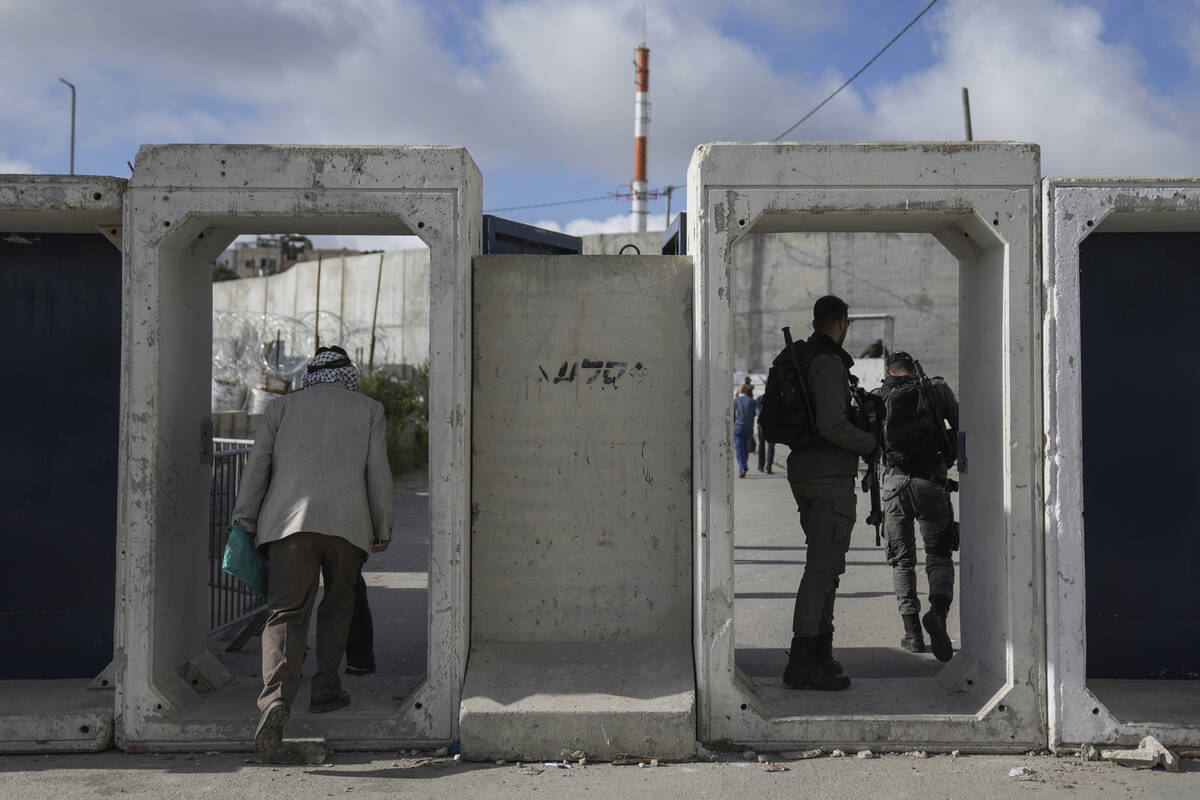Ramadan prayers in Jerusalem pass without violence feared amid Gaza war

JERUSALEM — The first Friday prayers of the Muslim holy month of Ramadan passed without violence at the revered Al-Aqsa mosque under tight Israeli restrictions, amid fears the ongoing war Israel-Hamas war would spark clashes in Jerusalem’s Old City.
Hamas terrorists have called on Palestinians to rise up and challenge tight Israeli restrictions on entry to the site. The terrorist group hopes a fresh outburst of violence would put more pressure on Israel and improve its leverage in ongoing cease-fire talks.
But no flare-up occurred after the important noon prayers on Friday. An estimated 80, 000 worshippers attended the prayers, the highest turnout since Ramadan began on Monday, according to the Waqf, the Jordanian-based Muslim religious body that administers the site.
Nearly all the worshipers moved peacefully through the Old City’s winding streets and crossed the compound’s gates guarded by armed Israeli police.
During past years, clashes at the compound during Ramadan have triggered major escalations in the Israeli-Palestinian conflict.
Friday also marked the first time Palestinians from the West Bank were able to travel to Jerusalem since Hamas terrorists launched an assault on southern Israel on Oct. 7, killing 1, 200 people and taking around 250 others hostage. Israel’s invasion of Gaza in response has killed more than 31,000 people, according to the Hamas-run Health Ministry in Gaza.
But West Bank Palestinians’ access to the city was limited to men over 55, women over 50 and children under 10, with all visitors required to return to the territory the same day. Israel also demanded all visitors obtain a special permit through a mobile application.
In previous years, there were no age restrictions on women and elderly worshippers did not need to apply for an online permit.
At Qalandiya Checkpoint, which sits between Jerusalem and the West Bank city of Ramallah, The Associated Press spoke to at least three elderly men who said they were turned back for not having a permit. Imad Jalalmah from the city of Jenin, said he was completely unaware that this new restriction affected him.
At the checkpoint separating Jerusalem from Bethlehem, worshippers said there were similar problems.
“Many old people over the age of sixty or seventy don’t have modern telephones,” 57-year-old Khaled Thweib said.